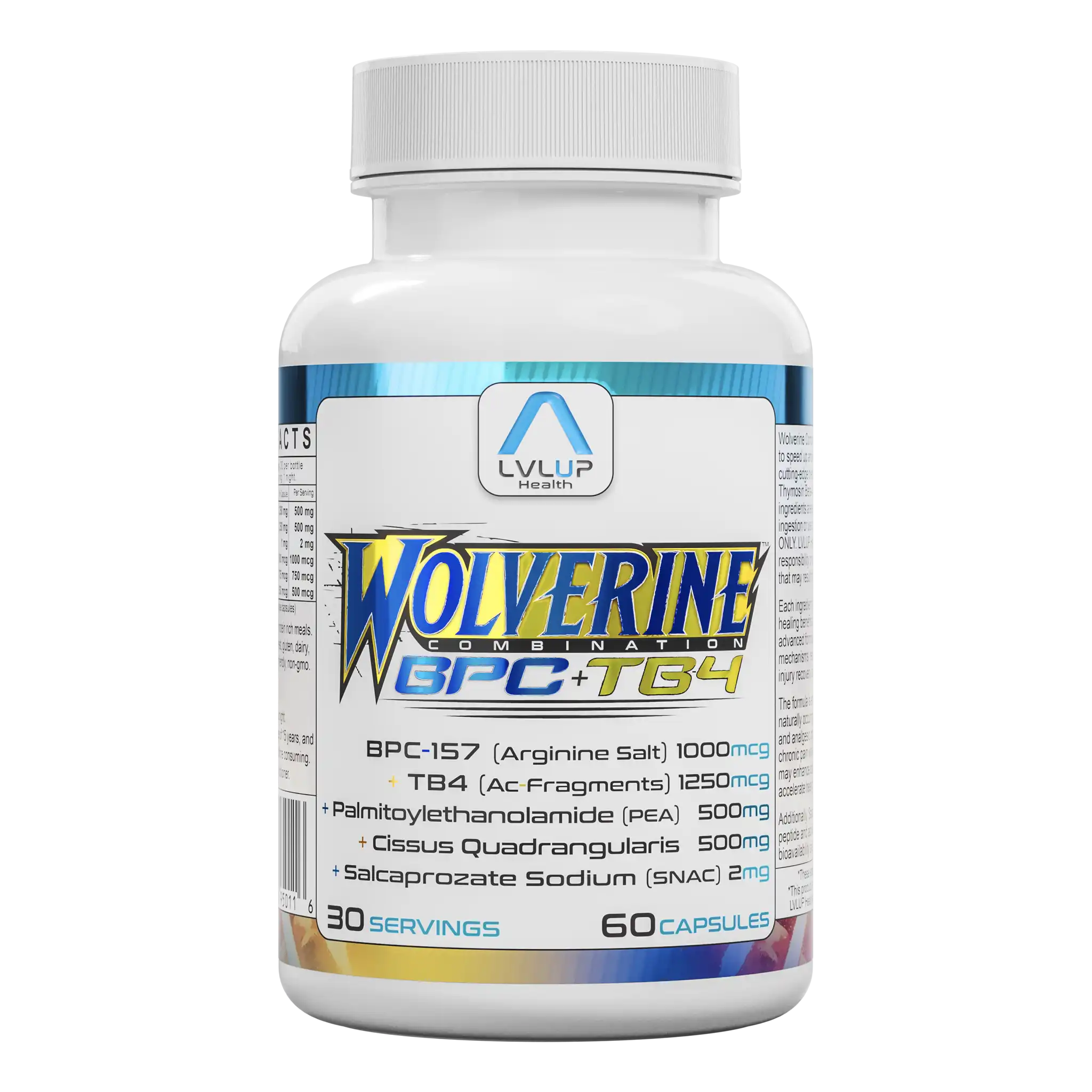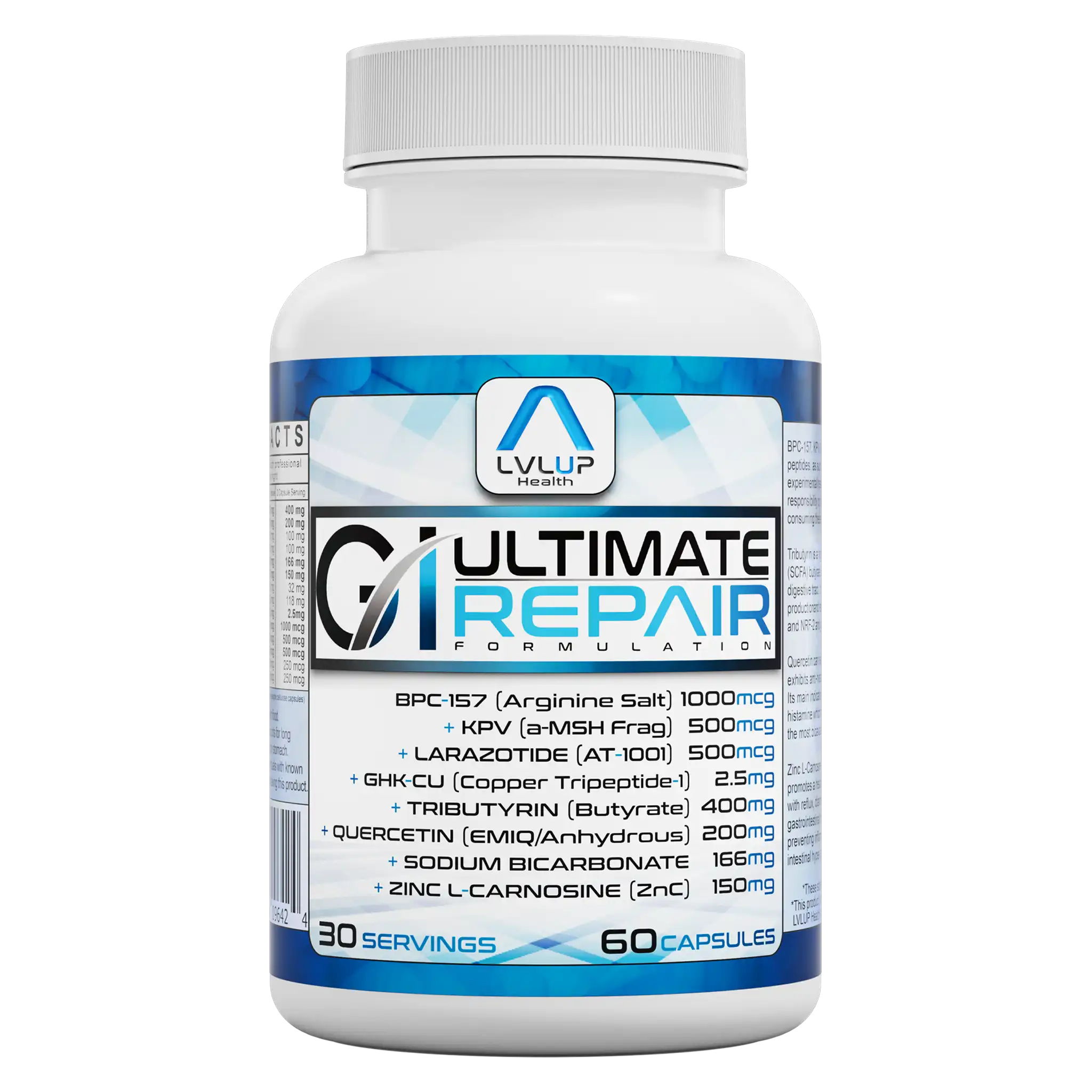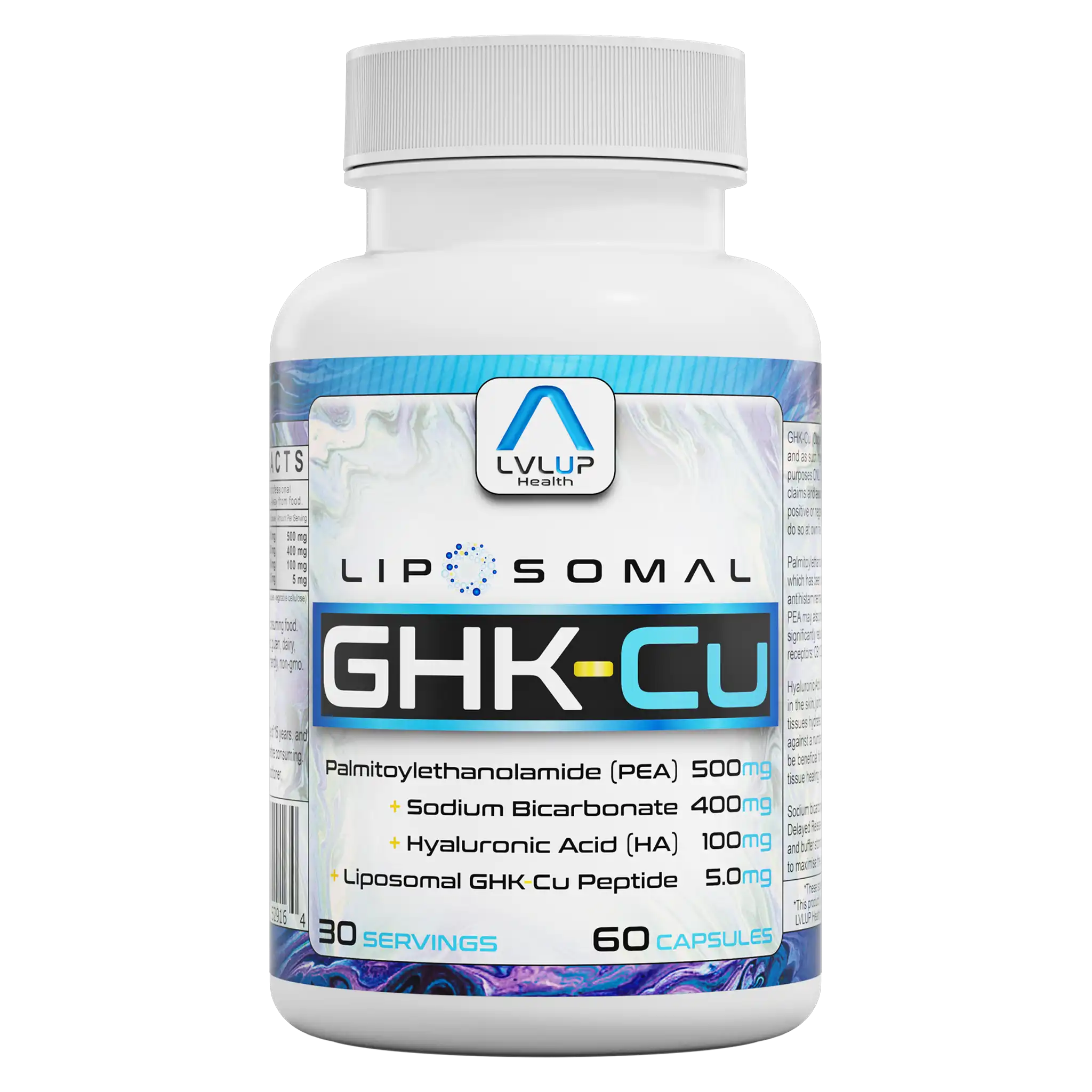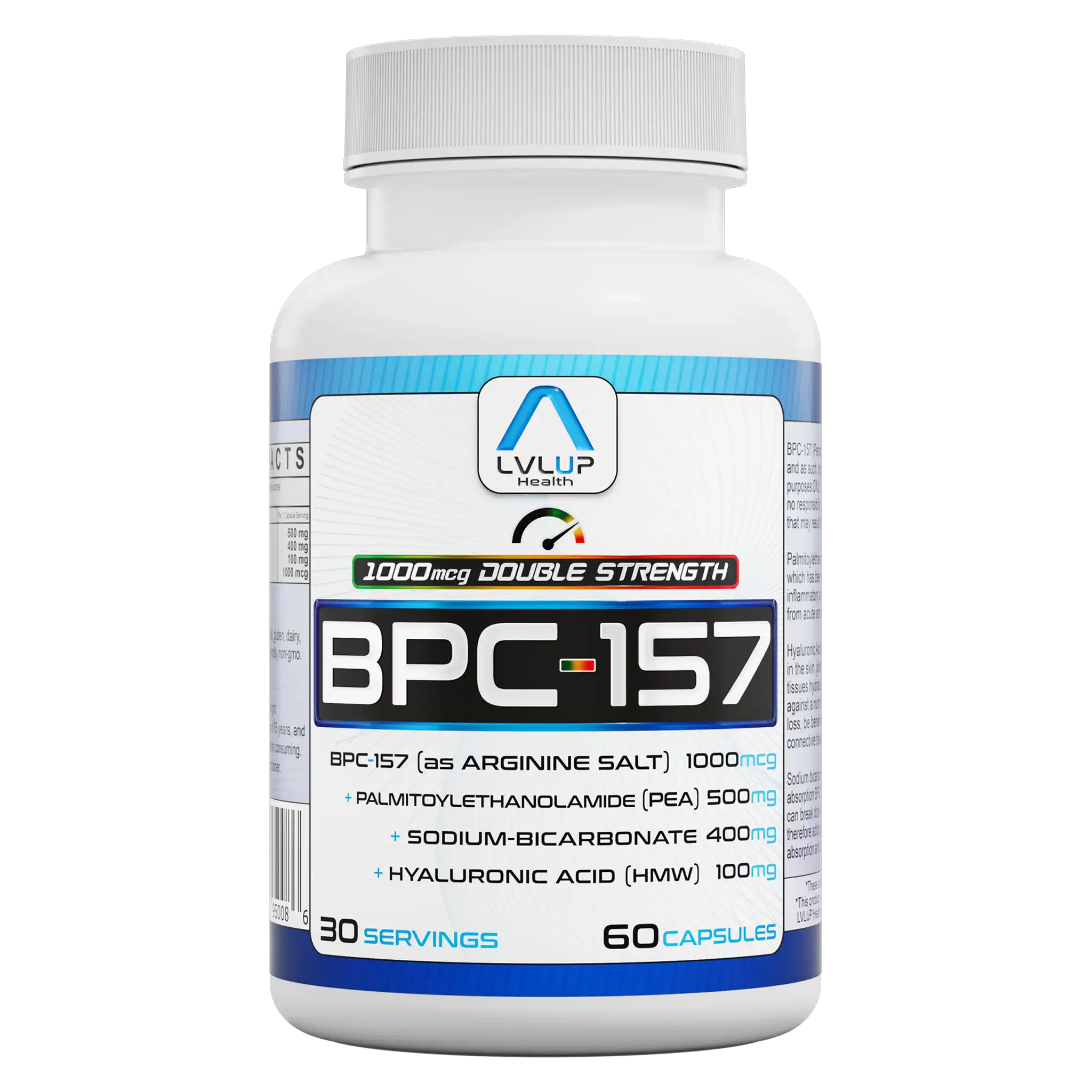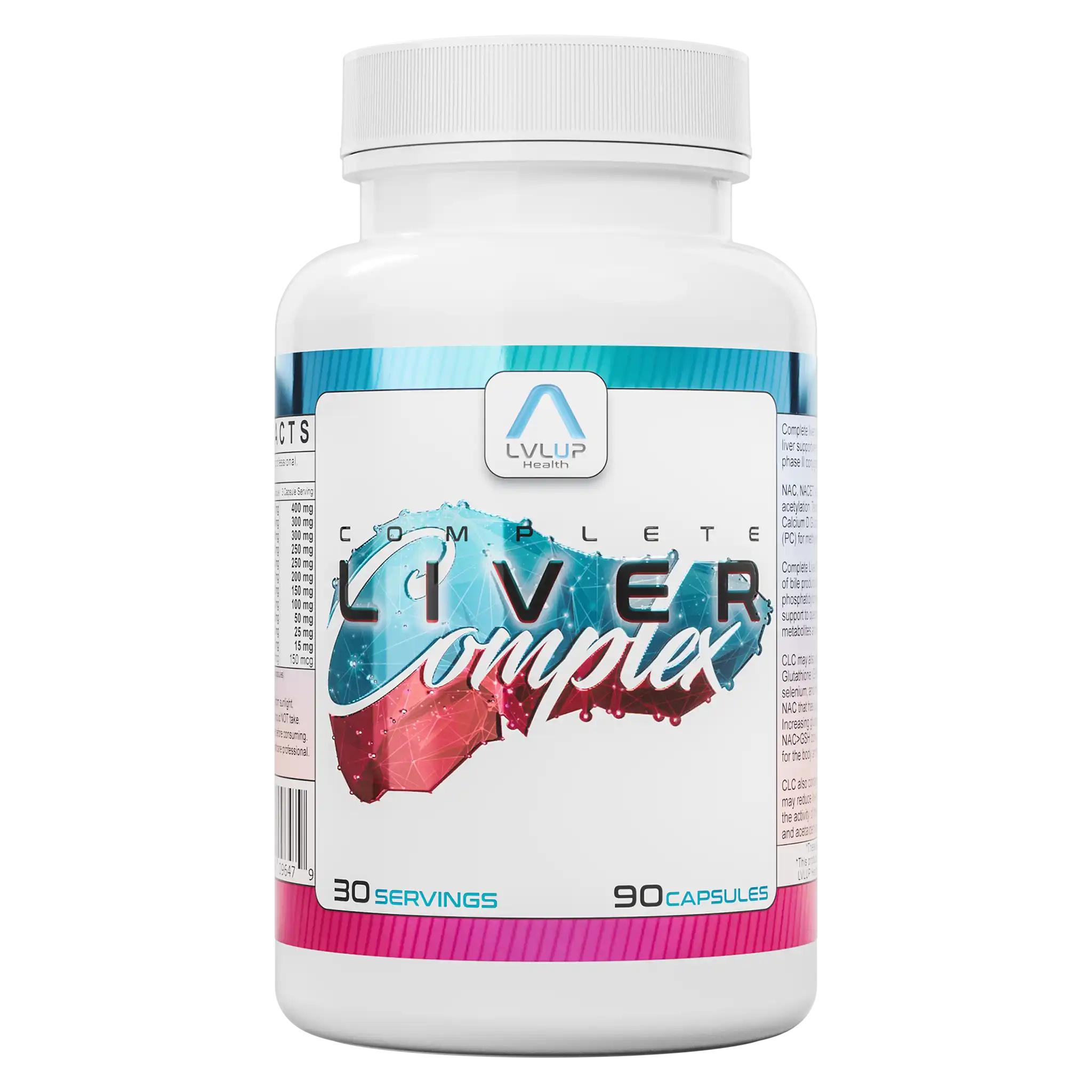NAC
About NAC
Antioxidant System Support
Think of NAC as a backstage pass for your antioxidant system. Your cells rely on glutathione to manage oxidative stress. NAC provides the raw materials to increase glutathione levels, which supports various bodily systems.
Liver and Detoxification
The liver uses glutathione to neutralize toxins. In medical settings, high doses of NAC are used to treat acetaminophen overdoses by replenishing glutathione rapidly. In supplements, smaller doses help maintain regular detox functions, as seen in products like Complete Liver Complex.
Gut Health
NAC encourages healthy mucus production in the gut, strengthening the intestinal lining. This makes digestion smoother and shields the gut from common irritants.
Brain Function
Oxidative stress can affect mental clarity and mood. By supporting antioxidant levels, NAC helps protect brain cells, making it a favorite in cognitive wellness communities and among biohackers.
Respiratory Support
NAC acts as a mucolytic agent, thinning mucus and supporting lung function. It’s often used during winter or allergy seasons to assist with easier breathing.
Found In
Formulated With
Detailed Information
Biochemical Stability and Absorption
N-Acetyl L-Cysteine is an acetylated form of cysteine, enhancing its stability and bioavailability compared to plain cysteine. The acetyl group helps the molecule remain intact during digestion, facilitating absorption via amino acid transporters like ASCT2 and system L.
Mechanism of Action
Once inside cells, enzymes remove the acetyl group, releasing cysteine. This drives glutathione synthesis, the rate-limiting step in forming this critical antioxidant tripeptide involved in cellular redox homeostasis.
Additional Functions
NAC also scavenges harmful metabolites such as acrolein and 4-hydroxynonenal, byproducts of oxidative stress. Its mucolytic activity breaks disulfide bonds in mucus secretions, useful in respiratory health contexts.
Genetic and Inflammatory Modulation
At the genetic level, NAC influences inflammation by modulating NF-κB pathways and reducing pro-inflammatory cytokines. This action is central to its research focus in neurodegeneration and immune function.
Liver Support Collaboration
In liver support products like Complete Liver Complex, NAC collaborates with selenium-dependent enzymes, such as glutathione peroxidase, to enhance phase-2 conjugation pathways for effective toxin clearance.
